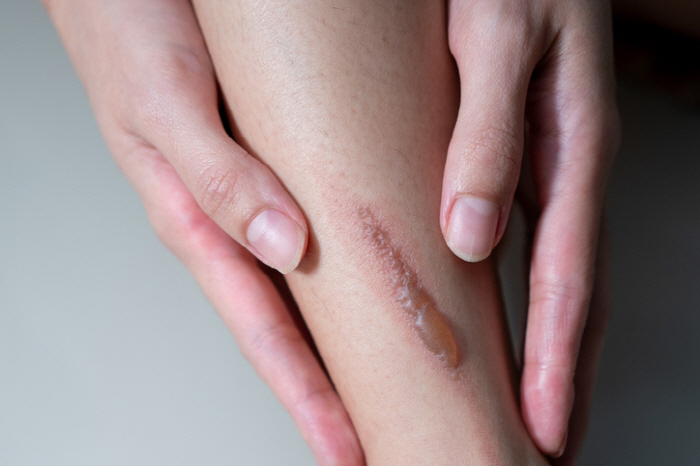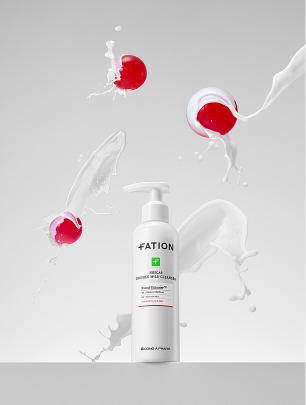Hypertrophic scars afflicting burn patients open up treatment possibilities due to methionine restrictions
Aug 05, 2025
|
Hypertrophic scars cause external problems as the scar area grows and protrudes. In addition, it greatly reduces the quality of life due to pain, itching, and skin tightening. To date, there is no effective drug treatment, and most of them have relied on conservative methods such as surgery or compression treatment. Among these, research results have been published that restricting a specific amino acid called methionine can help treat hypertrophic scars.
A research team led by professors Seo Jeong-hoon, Bae Sang-young, and Cho Yoon-soo of the Department of Rehabilitation Medicine at Han River Sacred Heart Hospital at Hallym University recently found that methionine restriction inhibits the proliferation, inflammation, and fibrosis of fibroblasts, which are burn scar-inducing cells. The study, titled "'Methionine Restortion Attraction Attraction Scar Formation in Fibroblasts Derived from Patients with Post-Burn Hypertrophic Scar')', was published in the June issue of the International Journal of Molecular Sciences 'Jun.
The research team separated fibroblasts from tissues of four patients who underwent surgery for hypertrophic scars after burns and then divided them into an experimental group with methionine removed and a general control group to cultivate them. Subsequently, the proteins related to cell growth and death, and the transmission pathways of signals related to inflammation and fibrosis were analyzed.
Analysis showed that the growth rate of fibroblasts isolated from hypertrophic scars in methionine-limited environments decreased by approximately 65% compared to controls at day 5. At the same time, the expression of BCL2, a protein that helps cell survival, was clearly reduced, but the expression of BAD, BID, and BAX, which are proteins that promote cell death, increased, leading to the natural disappearance of fibroblasts.
Long-term inflammatory reactions and excessive growth factors contribute to the occurrence of hypertrophic scars. Under methionine-limited conditions, the substance inducing the inflammatory response was reduced, and the activity of the fibrosis factor was suppressed. In addition, fibrosis indicators such as collagen, which are excessively produced in scar tissue, were also reduced, and the progression of scarring was suppressed from various angles. Professor Seo Jeong-hoon confirmed the possibility of reducing the size and density of hypertrophic scars by inhibiting the survival and proliferation of excessive fibroblasts, one of the main causes of hypertrophic scarring when limiting methionine"This study is significant in that it is possible to control the pathological activation of scar-causing cells through the control of specific nutrients"
Professor Seo also confirmed for the first time that methionine restrictions, which were previously only noticed in cancer and aging studies, are effective against skin fibrosis disease"We are also looking forward to the possibility of expansion into treatments such as oral methionine degradation enzymes in the future."," he said.
Meanwhile, methionine restrictions have been mainly used to treat cancer, and this is the first study to analyze the effects of methionine restrictions in the treatment of hypertrophic scars.
|
This article was translated by Naver AI translator.















